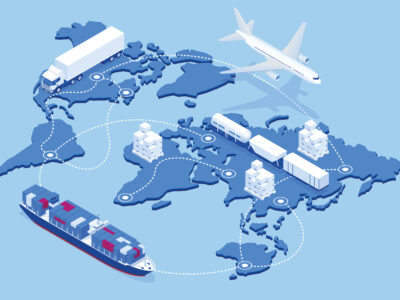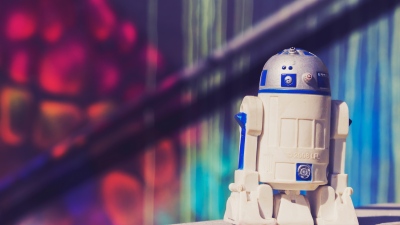You couldn’t do anything without an OS or Operating system these days. An OS runs things on your computer, cell phone, web servers, and even on your video console. The first Operating Systems ran on the old giant mainframes and eventually transitioned over to micro-computers and other devices that we use today. Here’s a look at some of the Top OS’s that have changed technology, as well as our lives today…
OS/2

The operating system known as OS/2 got its start with IBM and Microsoft in August of 1985. Its name stands for “Operating System 2” and it was introduced around the same time as IBM’s second-gen computers known as the PS/2. Today it’s no longer being marketed by IBM, and its standard support was discontinued in 2006. Serenity Systems International current sells OS/2 under the eComStation moniker. MS-DOS
MS-DOS

MS-DOS was one of the most widely used OS’s in the early 80s, and it was the first I can remember using as well. It was an OS for x86 based Pc’s, and was the main OS for all IBM PC computers during the 80’s until the mid-1990s. The first edition was launched in 1982 and shipped with IBM PC’s; it was given the name PC-DOS. The OS itself would go through 8 different versions until development was stopped in the year 2000. It was superseded by the next gen of computers that offered a GUI, the main system that took over for DOS is also number 3 on our list… Microsoft Windows.
Microsoft Windows

Microsoft Windows was first introduced into the market in 1985, as an add-on for the already popular MS-DOS operating system. People wanted a more user-friendly interface, and Windows had them from the start. It quickly overtook the Mac OS, and has dominated the market share in that area ever since. There have been many different versions of windows over the years like NT, CE, 32-bit and 64-bit OS’s. Some of the more popular versions were Windows 3.1, Windows 95, Windows XP, and most recently Windows 7. They have lost a bit of ground in recent years due to reemerging popularity of Apple, but rest assured Windows won’t be going anywhere anytime soon.
Mac OS

The Mac OS was Apple’s entry into the operating system game, and it was first introduced in 1984 with the colorful name of System software. A lot of the early software was stored in the ROM, with updates coming for free in the form of a floppy disk. There were many renditions of Apples Mac OS over the years; the last version was Mac OS 9 in 1999. It was replaced by Mac OS X which is a Unix operated system based on NeXTSTEP’s OS and the Mach kernel. There have been 6 significant versions of the OS, the most recent is referred to as Snow Leopard. It was also the basis for the massively popular iOS that runs on all of Apple’s gadgets like the iPhone, iPod, and iPad.
Android OS

This one’s not really an OS for Pc’s, but with its growing popularity, and the Chrome OS coming out we felt it needed to be included. Here are two other good reasons; it’s based on the Linux kernel and they have really knocked the cell phone world for a loop over the past 2 years. Smartphones & Mobile entertainment are the new craze, and Apple has had the market cornered until recently. Android’s still kind of the new kid on the block, but they as of the first of 2011, they knocked the giant known as iPhone out of the way. There are android phones, tablets, and now we’ll be getting the Android Market on the Google Tv’s. With devices getting smaller and the soaring popularity of the new tablets; it’s only a matter of time before “Mobile OS’s” like Android change the old vision of what an OS should be.
About: With the evolution of the operating system soon came the birth of the internet and websites such as Prezzybox.com – the online retail site specialising in birthday gifts for all ages.









Comments